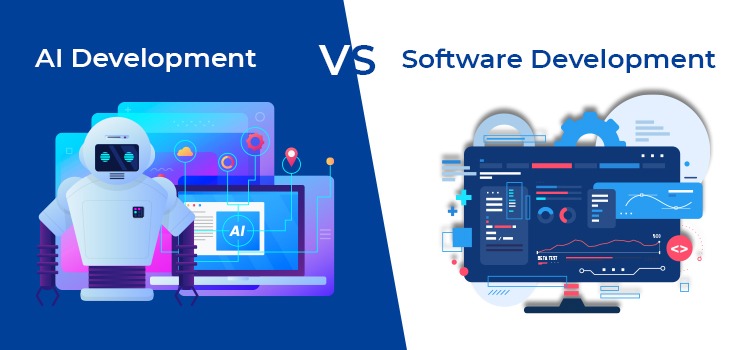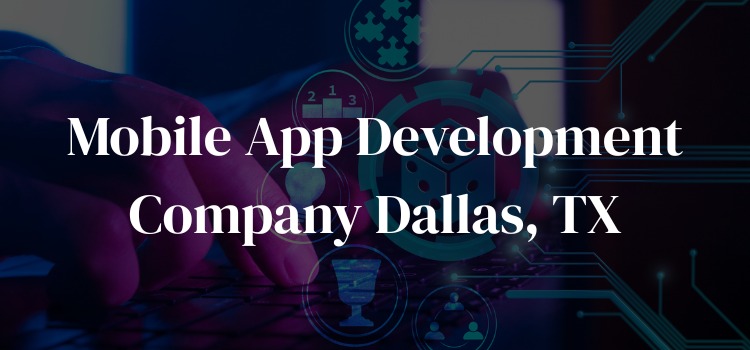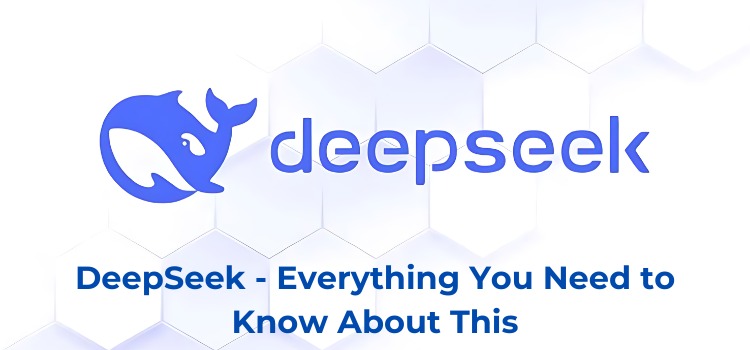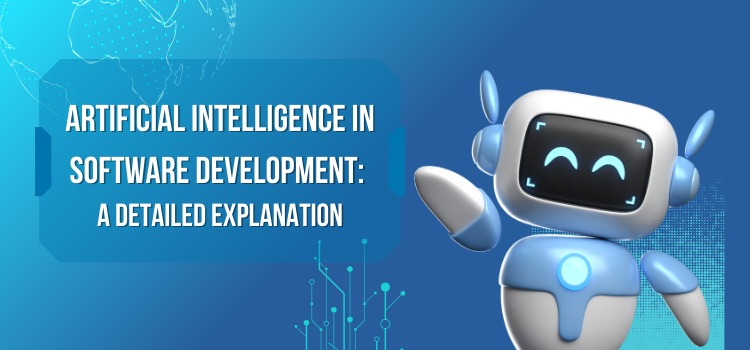
As artificial intelligence (AI) continues to reshape various industries. its impact on software development, specifically in the context of AI vs. Software Development, is profound. In this blog, we will delve into the effects of AI development on traditional Software Development practices and discuss rectifications that can help software professionals adapt and thrive in this evolving landscape.
Enhanced Efficiency and Automation:
AI development introduces automation and cognitive capabilities that can significantly enhance software development processes. The AI vs. Software Development landscape showcases how artificial intelligence can revolutionize traditional practices. Automated testing, code generation, and bug detection are just a few examples of how AI accelerates development cycles, improves efficiency, and reduces human effort.
To adapt and thrive in this evolving landscape, software developers must acquire skills in AI technologies and machine learning. By leveraging automation tools effectively, they can unlock the full potential of AI-driven development. Embracing AI-driven development platforms and frameworks can streamline workflows, amplify productivity, and enable developers to create intelligent, efficient, and scalable software solutions.
Advanced Analytics and Insights:
AI vs. software development is a topic of debate when it comes to empowering software applications to analyze vast amounts of data, extract meaningful insights, and enable intelligent decision-making. From predictive analytics to sentiment analysis, the clash between AI-driven algorithms and traditional software development approaches offers new avenues for understanding user behavior, optimizing software performance, and driving data-informed strategies.
Rectification:
Developers should expand their skill set to include data analytics and machine learning. Gaining proficiency in AI-based analytics tools and techniques allows them to harness the power of data and deliver more intelligent software solutions.
Personalization and User Experience:
In the realm of AI vs. Software Development, AI enables software applications to adapt and personalize experiences based on individual user preferences. From chatbots to recommendation systems, AI-driven personalization enhances user engagement, satisfaction, and loyalty.
Rectification:
Developers should focus on incorporating AI-driven personalization features into their software solutions. Understanding user behavior patterns and leveraging AI algorithms to tailor experiences can create compelling user interfaces and drive customer satisfaction.
Ethical Considerations and Bias Mitigation:
As AI becomes more prevalent, it raises concerns about ethical implications and bias in software systems. Developers must be vigilant in ensuring that AI algorithms are transparent, fair, and accountable. Addressing bias and ethical considerations is crucial for building trustworthy and inclusive software solutions.
Rectification:
Software professionals should actively engage in ongoing education and training to understand the ethical implications of AI development. Emphasizing transparency, accountability, and unbiased data inputs can help mitigate ethical concerns and ensure responsible AI integration.
Complex Problem Solving:
AI development opens up avenues for tackling complex problems that were previously challenging for traditional software development. AI algorithms, such as neural networks and deep learning, can process and analyze intricate data sets, leading to innovative solutions in areas like image recognition, natural language processing, and autonomous systems.
Rectification:
Software developers should explore AI frameworks and libraries to understand and apply advanced algorithms for solving complex problems. Acquiring knowledge in areas like machine learning and neural networks can enhance problem-solving capabilities.
Evolving Skill Requirements:
AI development introduces a shift in the skill requirements for software professionals. While traditional software development skills remain valuable, expertise in AI-related technologies, data analysis, and algorithmic thinking becomes increasingly essential. This transition necessitates continuous learning and upskilling to stay relevant in the evolving industry.
Rectification:
Software developers should actively engage in professional development activities. like online courses, workshops, and conferences to stay updated on AI technologies. Collaborating with AI specialists and participating in AI-focused communities can also foster knowledge sharing and skill development.
Collaboration between AI and Software Developers:
The collaboration between AI specialists and software developers becomes crucial in creating successful AI-powered software solutions. AI specialists bring expertise in AI algorithms, models, and training.
while software developers contribute their knowledge of application development, integration, and optimization. Collaborative efforts enable the seamless integration of AI capabilities into software systems
Rectification:
Encouraging cross-functional collaboration and fostering communication between AI specialists and software developers can lead to effective AI integration. Teamwork, mutual understanding, and knowledge sharing facilitate the development of robust and efficient AI-driven software applications.
Continuous Monitoring and Adaptation:
AI-powered software solutions require continuous monitoring and adaptation to ensure optimal performance. AI algorithms need to be regularly evaluated, fine-tuned, and updated to keep up with changing requirements, evolving data patterns, and emerging trends. Ongoing monitoring helps identify potential issues, maintain accuracy, and enhance user satisfaction.
Rectification:
Implementing effective monitoring mechanisms, incorporating feedback loops, and conducting periodic evaluations of AI models can aid in identifying areas for improvement. Software developers should adopt agile methodologies to facilitate iterative updates and enhancements based on user feedback and evolving needs.
Conclusion:
AI development presents transformative opportunities for software professionals in the software development landscape. Embracing AI-driven technologies, expanding skill sets, fostering collaboration, and embracing continuous learning are crucial steps to thrive in this AI-powered era. By adapting to these changes and rectifying traditional software development approaches, professionals can unlock the full potential of AI and deliver innovative and impactful software solutions.
Versatile Mobitech has successfully delivered over 500 AI-based mobile apps, fueling the growth of numerous organizations. As a leading provider of AI app development services, we have enabled businesses to harness the potential of this transformative technology. If you’re seeking to create an AI mobile app for your company, connect with our experienced team and unlock the power of artificial intelligence for your business.
Feel free to get in touch with us:
Email: sales@versatilemobitech.com
Visit our website: https://www.versatilemobitech.com/
Like us on Facebook: https://www.facebook.com/versatilemobitech
July 18, 2023
Subscribe
Subscribe to our blog and never miss our latest updates

Mobile App Development Company Dallas, Texas

Best Mobile App Development Company in UAE

DeepSeek – Everything You Need to Know About This

Why Your Company Website Should Be Responsive

 +91 970 193 0011
+91 970 193 0011 +1 934 221 7261
+1 934 221 7261 +971 55 316 6156
+971 55 316 6156




